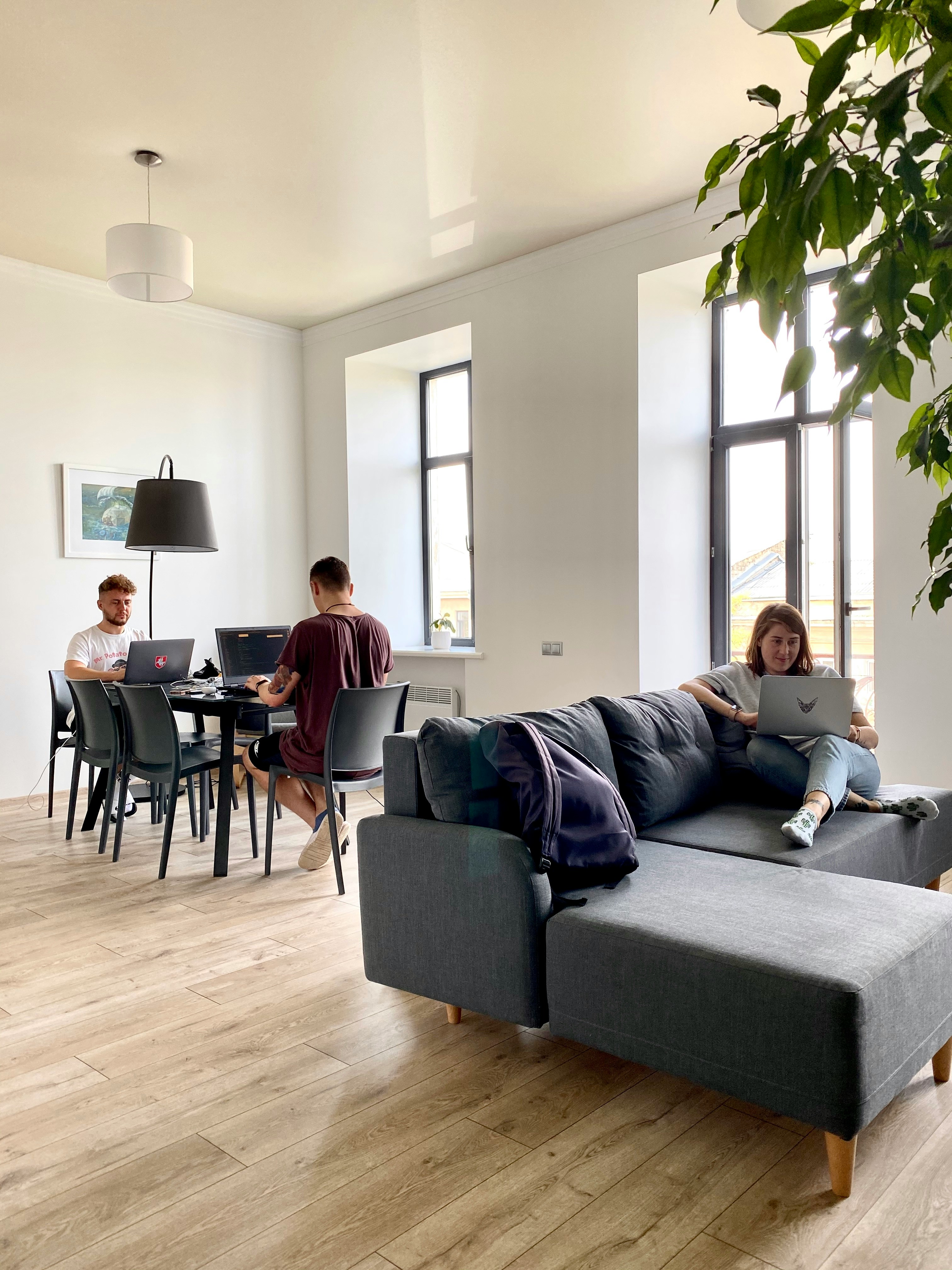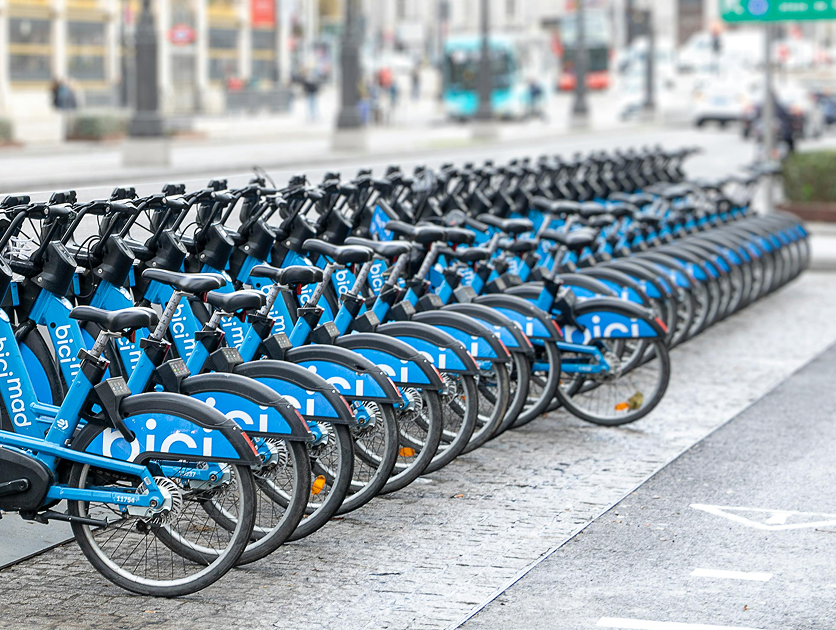Index
Receive our newsletter
Alfama is the oldest neighborhood in Lisbon and one of its most iconic, famous for its maze of cobblestone streets, colorful houses, and viewpoints offering spectacular views of the Tagus River. Originally a neighborhood of fishermen and sailors, Alfama has preserved its essence over the centuries, reflecting the city’s multicultural history. It was one of the few areas that survived the devastating 1755 earthquake, which is why it still retains its medieval architecture. Alfama is also known as the birthplace of Fado, Portugal's most characteristic musical genre, and is still home to numerous fado houses that keep this tradition alive.
Living in Alfama
Living in Alfama is to experience a blend of the old and the new, in a picturesque and bohemian atmosphere. Its narrow streets and steep stairways invite a slower pace of life, where you can enjoy everyday moments, whether it’s a coffee on a terrace or a leisurely stroll through its charming corners. This is a neighborhood with a strong sense of community and a welcoming feel, where residents coexist with tourists exploring every one of its delights. Additionally, the presence of small traditional shops and markets adds an even more authentic touch.


Public transport in Alfama
In Alfama, public transportation is well-connected, although its hilly terrain makes trams and buses more common than the metro. The iconic Tram 28 winds through various parts of the neighborhood, offering a unique and scenic experience. The nearest metro station to Alfama is Santa Apolónia, located on Lisbon’s blue line. Additionally, several bus lines make it easy to move within and beyond the neighborhood, linking Alfama to other key districts of the city.
Metro: the Lisbon metro has 4 lines, distinguished by their colors, and connects the main areas of the modern city center. However, this means of transport does not reach well-known areas such as Alfama or Bélem. To reach them it will be necessary to use the streetcar, which has been relegated to a more tourist use.
Bus: buses are the complementary means of transport to reach the areas of Lisbon not served by the metro. Lisbon has 142 bus lines and a single ticket costs 1,85€. All bus lines operate from 06:00 to 00:30, approximately, although there are night buses with a much lower frequency.
Cercanías train: this means of transport reaches the farthest areas of the city, such as Sintra or Cascais. It is the perfect option if you want to visit a nearby town and discover the surroundings of Lisbon. The most important train station in the city is Oriente Station, through which pass the green and red lines of the suburban train and from where other long distance trains depart to different parts of the country.
Services in Alfama
Alfama offers a wide range of services that cater to the needs of both residents and visitors. From shops and markets to administrative and commercial services, the neighborhood is well-equipped to provide a comfortable and functional lifestyle. The abundance of local establishments, along with varied leisure and entertainment options, makes Alfama a very self-sufficient and well-rounded neighborhood.
Here are some of the most notable services Alfama provides:
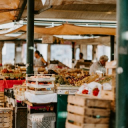
Everyday shooping
Residents of Alfama have various options for their daily shopping. Popular supermarkets like Pingo Doce and Mini Preço offer everything they need, from fresh produce to everyday essentials. The neighborhood also features the Santa Clara Market, a place to discover local products and crafts. Here, residents can enjoy a lively atmosphere while browsing for fresh foods and unique items, making the shopping routine a truly enjoyable experience.

Schools and libraries
The neighborhood also offers suitable educational options for families, including primary and secondary schools that serve the local community, such as the Escola Básica de Santa Clara. Libraries, including the Biblioteca Municipal de Lisboa, the Biblioteca Central do Ministério das Finanças e da Administração Pública, the Biblioteca do INA, and the Biblioteca do Exército, provide spaces for study and reading, enriching community life.

Health and wellness
In terms of health and wellness, Alfama offers various options for medical care. There are health centers and nearby hospitals that provide a wide range of medical services. For those who prefer more personalized attention, there are private clinics available in the area. While Alfama doesn’t have large hospitals, it is well connected to the Unidades de Cuidados de Saúde Personalizados (Mónicas) and the Unidade de Cuidados de Saúde Personalizados de São Nicolau. Additionally, it is very close to the Hospital de São José, ensuring that residents have access to the necessary medical care in their daily lives.

Cultural centers
Alfama is a neighborhood rich in culture and traditions, with several cultural centers that are the heart of the community. Among its most notable cultural centers is the Fado Museum, dedicated to traditional Portuguese music. Additionally, other cultural hubs include the Dr. Magalhães Lima Cultural Center, which organizes educational and cultural events, and the Jewish Cultural Center on Rua da Judiaria, celebrating the history of the local Jewish community. In Alfama, culture is experienced daily, with initiatives that promote Fado music and other artistic expressions.

Public services
Alfama is home to various public services, such as the Azurara Palace, which houses one of the branches of the Institute of Museums and Conservation, a public entity responsible for the management and preservation of Portugal's cultural heritage. Additionally, the neighborhood is close to several administrative and public buildings located in central Lisbon, including consulates and offices of the Lisbon City Council.
Having fun in Alfama
What to do in Alfama?
Alfama is a neighborhood brimming with history and culture, offering a wide variety of leisure activities. Its narrow, cobblestone streets, filled with life and tradition, invite you to explore small bars, restaurants, and viewpoints with unforgettable views of Lisbon and the Tagus River. From strolls through iconic spots to enjoying traditional Fado music in historic venues, Alfama has something for everyone. Moreover, its rich culinary scene, cultural spaces, and vibrant nightlife make this neighborhood an ideal destination for both daytime and evening entertainment.

Eating out
The gastronomic offerings in Alfama are extensive and diverse, featuring traditional taverns that serve typical Portuguese dishes. Restaurants like O Beco and Alfama Grill are prime examples of places where you can savor authentic Lisbon cuisine. For a true fado experience, Clube de Fado is highly recommended, where you can enjoy a dinner accompanied by live music.

Parks and green areas
Although Alfama is predominantly an urban neighborhood, there are spaces where residents can relax and enjoy nature, such as the Miradouro de Santa Luzia, which features gardens and spectacular views of the Tagus River. Additionally, the neighborhood is home to the Garden of São Jorge Castle, a green area where visitors can savor tranquility and stunning panoramic views of the city from the heights of the castle. These spots provide a breath of fresh air for Alfama residents and allow them to appreciate the beauty of Lisbon within a historic setting.

Cultural activities
In Alfama, the cultural offerings are wide and varied. Highlights include the Fado Museum, which tells the story of this musical genre, and the Military Museum of Lisbon, with its historical collection. In June, the Feast of Santo António fills the streets with music, parades, and grilled sardines, creating a vibrant and festive atmosphere. The Campo de Santa Clara is famous for the Feira da Ladra, an antiques market, as well as its events and concerts. Additionally, the neighborhood's Fado houses provide the opportunity to enjoy this traditional music live.

Going out
Alfama's nightlife is quite unique and characterized by its bohemian atmosphere. Fado bars like Mesa de Frades provide a distinctive experience for lovers of traditional Portuguese music. The neighborhood also features cozy bars and venues, such as Pois Café and Tejo Bar, where visitors can enjoy a relaxed ambiance. For those seeking a more vibrant experience, the streets near the Cais do Sodré area offer numerous nightclubs and cocktail bars.
Alfama is the historic heart of Lisbon, a neighborhood full of authenticity that blends Portuguese tradition with a wide array of leisure and cultural options. Living in or visiting Alfama means immersing yourself in a unique atmosphere, where every corner tells a story and each street invites you to experience the soul of Lisbon.




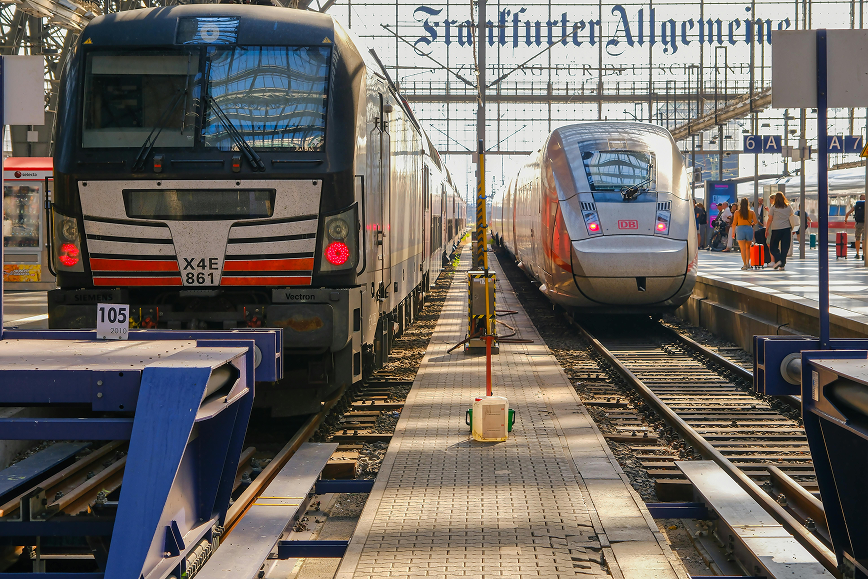
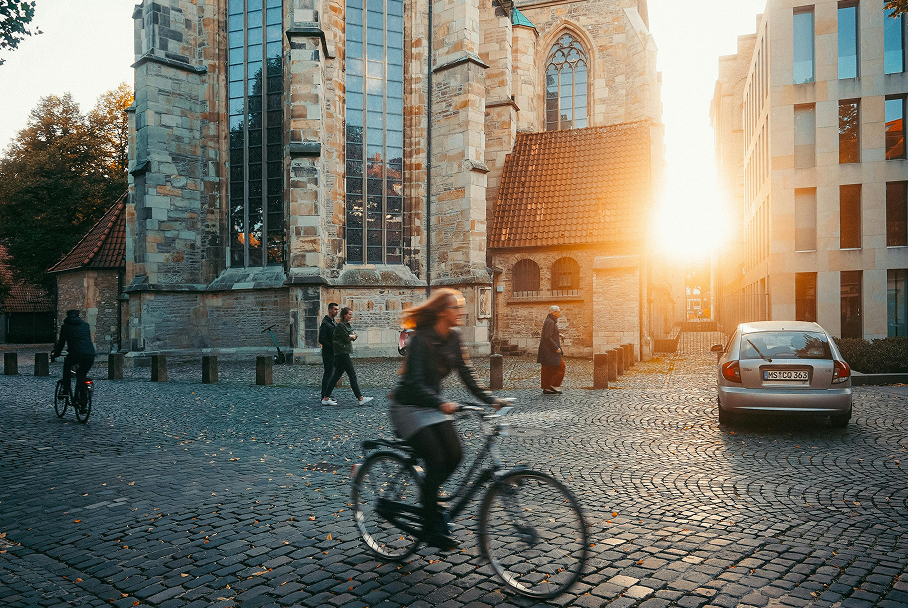




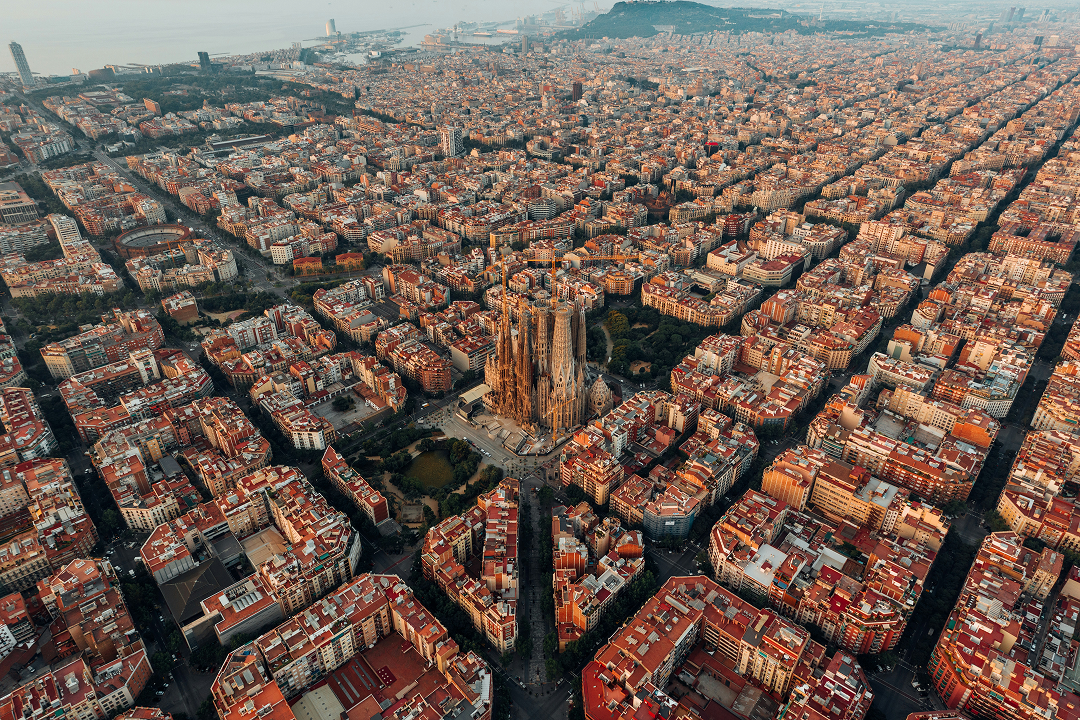
.JPG)
